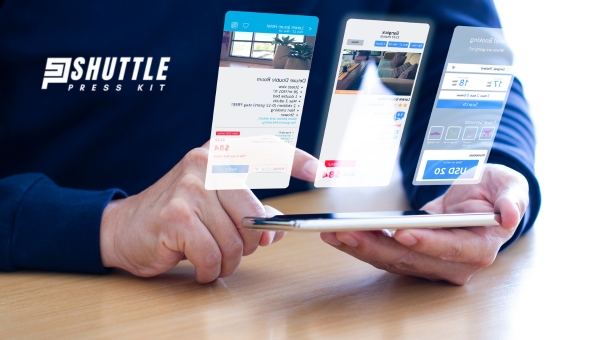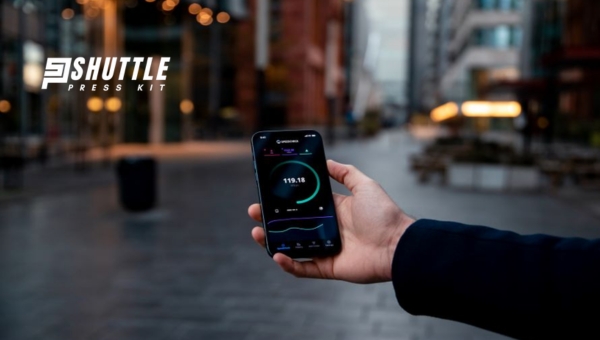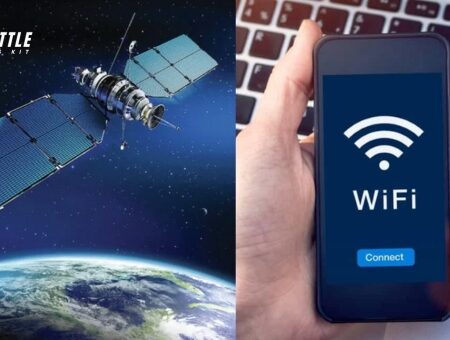In this technology-driven world, having a stable and fast internet connection is more of a necessity than a luxury. But with so many options available, it can be quite overwhelming to choose the one that suits you best. That’s where this article comes in handy! Discussing “Mobile Hotspot vs. Satellite Internet: Which One Should You Get?”, we will dive deep into how these technologies work, their pros and cons, performance comparison, price strategies and much more.
It’s essential to understand that both mobile hotspots and satellite internet have their own sets of advantages. If you are always on the move or need an emergency backup for your home or office internet connection, a mobile hotspot could be your best option. On the other hand, if you live in remote areas where traditional wired connections don’t reach or need reliable global coverage regardless of location, satellite internet should be your go-to choice.
| Attributes | Mobile Hotspots | Satellite Internet |
|---|---|---|
| Coverage | Dependent on cellular network coverage. | Offers wide coverage, suitable for remote areas. |
| Speed | Caps range from 10 GB–to 300 GB; speed reduction after cap is exceeded. | Up to 100 Mbps but higher latency due to data travel distance. |
| Data Limits | Monthly caps approx. 30–150 GB; may experience throttled speeds beyond cap. | Caps range from 10 GB–to 300 GB; speed reduction after the cap is exceeded. |
| Use Cases | Ideal for temporary or portable needs; suitable for browsing and light streaming. | Best for remote, fixed locations needing consistent service; fits areas without broadband access. |
Mobile Hotspot vs. Satellite Internet – A Quick Overview
Mobile hotspots and satellite Internet are both popular options for staying connected while on the go, but they have key differences in terms of coverage and speed. Mobile hotspots use cellular networks to provide Internet access, making them a convenient choice for users who are constantly on the move. However, they may be limited by the availability of network coverage in remote areas.

On the other hand, satellite Internet relies on satellites in orbit to provide Internet access, making it a more reliable option for users in rural or remote locations. While satellite Internet can be slower than mobile hotspots, it offers a more stable connection in areas where traditional Internet services may be unavailable. Overall, the choice between mobile hotspots and satellite Internet will depend on the user’s specific needs and location.
Also Read: Starlink Volcano Mount Guide: Easy DIY Installation Tips
Top Satellite Internet Services Plans
Satellite internet has made significant strides, offering connectivity solutions to users in remote and rural locations where traditional broadband is not available.

With advancements in technology, satellite internet now presents a viable alternative with improved speeds and reliability. Here’s an overview of the leading satellite internet providers based on their speed, pricing, and nationwide availability:
| Provider | Speed Range | Ideal Usage | Introductory Price | Coverage |
|---|---|---|---|---|
| HughesNet | 50–100 Mbps | Moderate household use/streaming | $49.99–$79.99 per month | Nationwide |
| Viasat | Up to 150 Mbps | Higher bandwidth usage | $99.99 per month | Nationwide |
| Starlink | 50–250+ Mbps | Versatile, rapid expansion | $110.00 per month | Expanding |
Remember, when considering satellite internet services, account for factors such as data caps, latency issues (particularly relevant for real-time gaming or video calls), equipment lease or purchase fees beyond the monthly subscription costs, and long-term contract requirements that may impact flexibility and overall satisfaction.
Top Mobile Hotspot Data Plans
In the contemporary digital age, staying connected is more crucial than ever. Mobile hotspot data plans ensure that irrespective of where you are, you maintain access to the internet for all your devices. These plans provide a dedicated Internet connection that you can take on the go, ideal for both personal and professional use. Below are some of the standout options available:

| Provider | Plan Feature | Data Allowance | Network | Monthly Cost | Post-data Limit Speed |
|---|---|---|---|---|---|
| Verizon | 5G/4G LTE Network | 150 GB | 5G/4G LTE | $100.00 | Not specified |
| T-Mobile | Expansive Network | 30 GB | 5G and 4G LTE | $40.00 | Reduced to basic browsing |
| AT&T | Unparalleled Speeds | Ample Data | Flagship Tech | Reasonable | Not specified |
| Visible | Unlimited Data | Unlimited | Moderate Speed | Flat Rate | Unlimited at Reduced Speed |
Each plan serves different needs—from heavy data users looking for substantial gigabytes to those needing an affordable yet reliable connection with no stringent limits. When selecting the best option for your hotspot needs, consider factors such as network coverage in your area, how much data you anticipate using monthly, and the price point you’re comfortable with.
Speed
Mobile hotspots typically leverage cellular networks to provide wireless internet access, offering speeds that can vary significantly depending on the proximity to cell towers, network congestion, and the technology used (e.g., 4G LTE, 5G).
Generally, mobile hotspots can deliver speeds ranging from 10 Mbps to 50 Mbps, making them suitable for everyday applications such as browsing, streaming, and downloading. They are especially advantageous in urban or suburban areas where cellular infrastructure is robust, providing a reliable and speedy connection for on-the-go internet access.
In contrast, satellite internet operates by transmitting data to and from a geostationary satellite orbiting the Earth. This technology is particularly beneficial in remote or rural areas where other forms of connectivity are limited or nonexistent.
However, satellite internet is generally slower and more prone to latency issues compared to mobile hotspots. The typical download speeds for satellite internet range from 12 Mbps to 100 Mbps, but the latency can affect real-time applications like online gaming or video conferencing. Despite these challenges, satellite internet remains a critical connection method for isolated locations.
Also Read: Starlink Offer Phone Service? Discover Now!
Coverage and Availability
Mobile hotspots and satellite internet provide distinctly different methods of accessing the internet, each with unique coverage areas and availability. Mobile hotspots generally utilize cellular networks to offer internet connectivity. This means their effectiveness is heavily reliant on the presence and strength of cellular network coverage.
Typically, mobile hotspots provide excellent coverage in urban and suburban areas where cell towers are abundant. However, their performance may diminish in rural or remote areas where cellular infrastructure is less developed. These hotspots are particularly convenient as they offer easy setup and portability, allowing users to access the internet wherever there is a cellular signal.
Satellite internet, on the other hand, offers broad geographical coverage that is especially beneficial in rural and remote locations where terrestrial internet services such as cable or fiber are unavailable. Unlike mobile hotspots, satellite internet can provide connectivity across virtually any location on the surface of the Earth, as long as the satellite dish has a clear line of sight to the sky.
This makes satellite internet particularly invaluable for areas cut off from other types of internet infrastructure. However, it is generally more susceptible to latency issues and can be affected by weather conditions, potentially impacting the consistency of the connection. Both services fill essential roles in the modern Internet ecosystem, particularly in diverse geographical and infrastructural landscapes.
Also Read: Starlink Dimensions Simplified: Nail Your Satellite Setup
FAQs
Can I use a mobile hotspot even when traveling internationally?
Yes, you can, but it’s subject to your service provider’s roaming charges and international plan availability.
What Internet speed can I expect from a Satellite internet connection?
Satellite internet speeds can vary widely, but on average you might expect somewhere between 12-100Mbps depending on the provider and plan chosen.
Is there any data limit on using Mobile Hotspot or Satellite Internet?
Yes, both tend to have data limits depending on your service plan. Unlimited plans may offer more data but could still have some restrictions in terms of usage.
Can weather conditions affect my Satellite Internet connection?
Yes, extreme weather conditions like heavy rain or snowfall may disrupt satellite signals, potentially affecting your internet connectivity.
Which one is more cost-effective – Mobile Hotspot or Satellite Internet?
The cost-effectiveness of either a mobile hotspot or satellite internet depends largely on individual usage patterns, required coverage area and the specific plans offered by service providers.
Also Read: Starlink’s Rivals and Competitors: Who’s Challenging SpaceX?
Conclusion
Deciding between a mobile hotspot or satellite internet comes down to your unique needs and circumstances. If you value portability and frequent travel, a mobile hotspot might be the best choice. However, if you live in remote areas where traditional internet options aren’t available, opting for satellite internet could be a wise decision.
Remember, one is not inherently better than the other in the “Mobile Hotspot vs. Satellite Internet: Which One Should You Get?” debate. Each has their own pros and cons that should be carefully weighed before making your decision.
